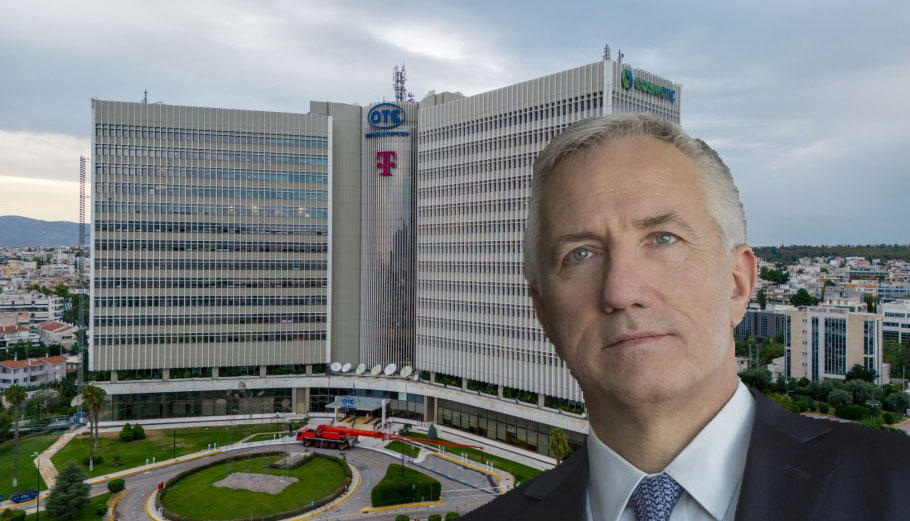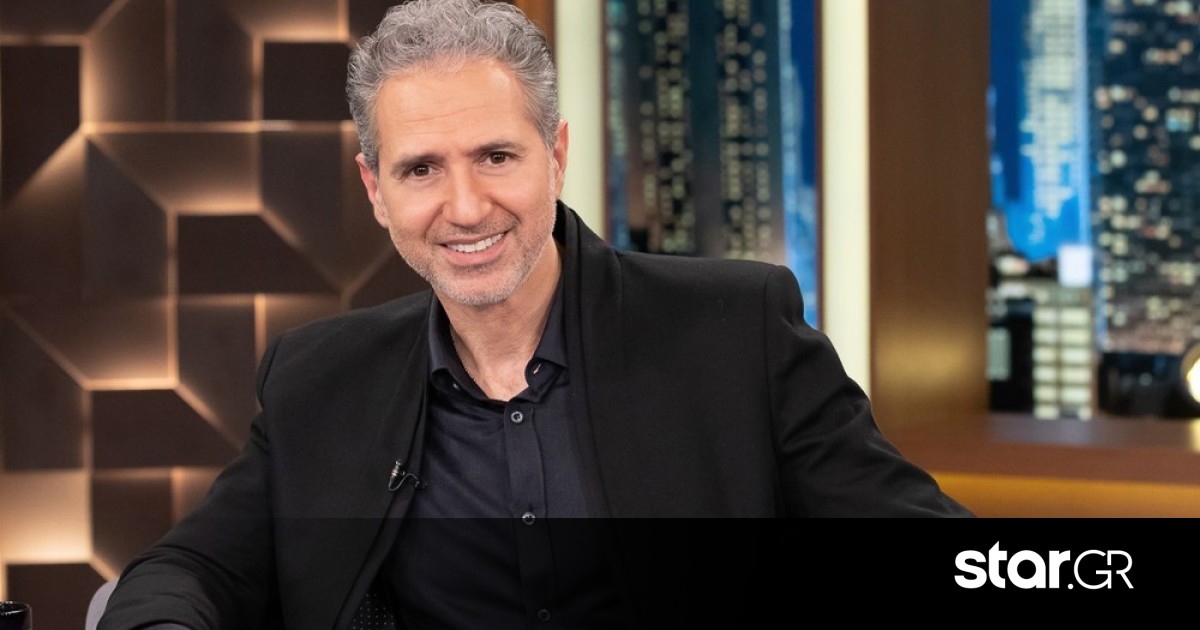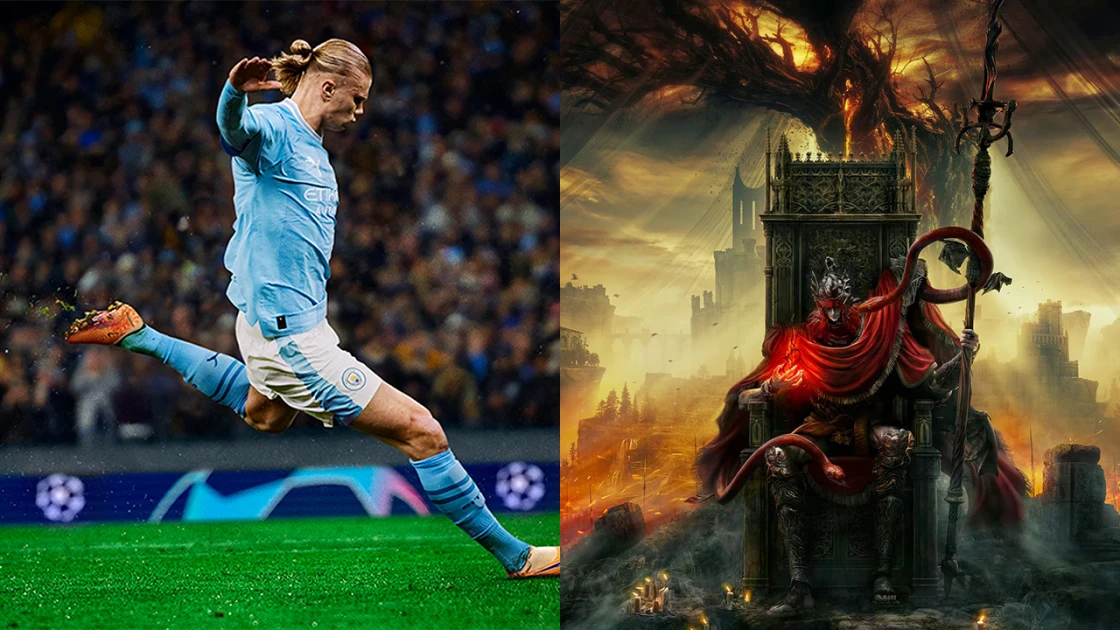
Separate passive equipment management activities into Moving He achieves OTE. In essence, OTE commissioned a consulting firm to look at the pros and cons of outsourcing all passive mobile equipment to a separate company.
This was done jointly by Vodafone and Wind Hellas in Greece, which outsourced their passive mobile infrastructure to Vantage Towers in Greece, as well as by Deutsche Telekom (DT) in Germany and Austria through the sale of 51% of GD Towers.
The latter is a company to which DT allocated all passive mobile infrastructure in Germany and Austria and then agreed to sell for €17.5 billion in investment funds (Digital Bridge and Brookfield). Now the company is leasing this infrastructure from GD Towers for a fee.
On the other hand, Vodafone and Nova are doing the same in Greece, through Vantage Towers. The latter acquired the entire passive infrastructure (sale) and then leased it to sellers (sale and leaseback).
In this way, telecom companies outsource the management of their passive infrastructure, which becomes more efficient, while at the same time gaining liquidity. For example, Deutsche Telekom, with the cash it gained from the sale of 51% of GD Towers, financed an increase in its stake in T Mobile US.
In its announcement, OTE talks about a 100% subsidiary that will take over the passive mobile infrastructure, but that does not mean that it will not look for measures to reduce the cost of developing the mobile network, whether by getting rid of part of the business (such as DT) or by giving up For the entire company, as Nova and Vodafone did.
These moves are dictated by the fact that the services of telecom providers have been systematically commercialized in recent years. Their added value is regularly declining, while the dominant competitive advantage is the price offered for services. It is inevitable that revenues and profits will decline, so further development of new technologies requires the “sacrifice” of other less important productive activities to service providers.
The same applies to television content, where, according to OTE, a reduction in the cost of content enrichment will be considered. The first 'jaggery' was seen with UEFA, where the allocation of broadcasting rights for football sports (UEFA Champions League, etc.) for the first time required more than three months of consultation, instead of the usual month. This was due to Nova backing out of bidding for the rights, while OTE is believed to have bid lower than it has in the past.
Follow Powergame.gr on Google News for instant and valid financial information!

“Avid problem solver. Extreme social media junkie. Beer buff. Coffee guru. Internet geek. Travel ninja.”





More Stories
Dow Jones rises 654 points
Used Car Travels Around The World – Crashed, Sold For New Car
If it weren’t for the merger of Attica Bank and Bankritia, they could have collapsed.